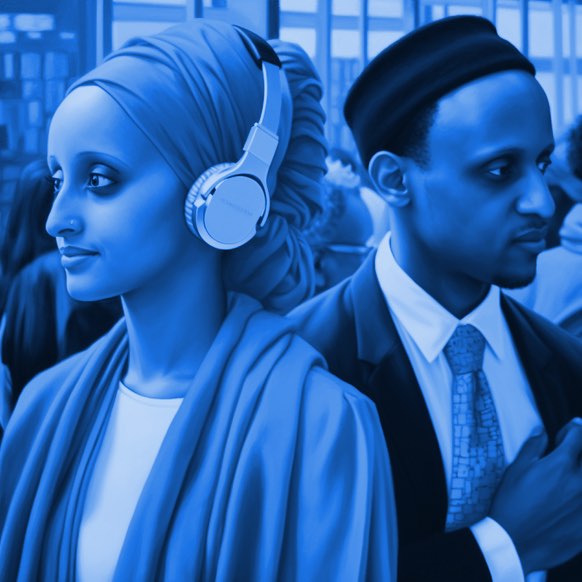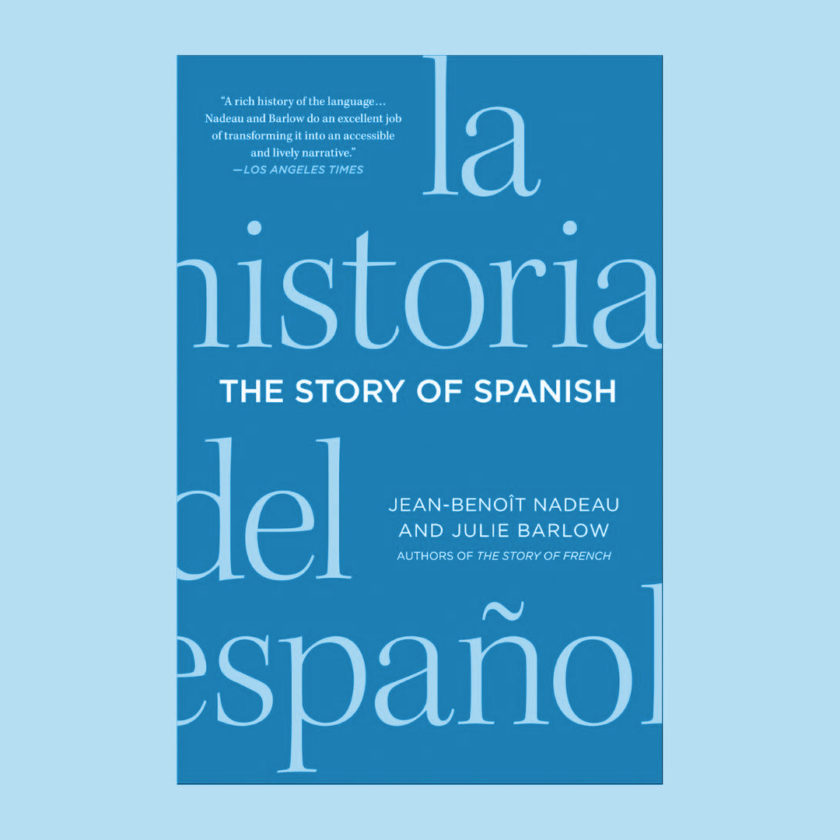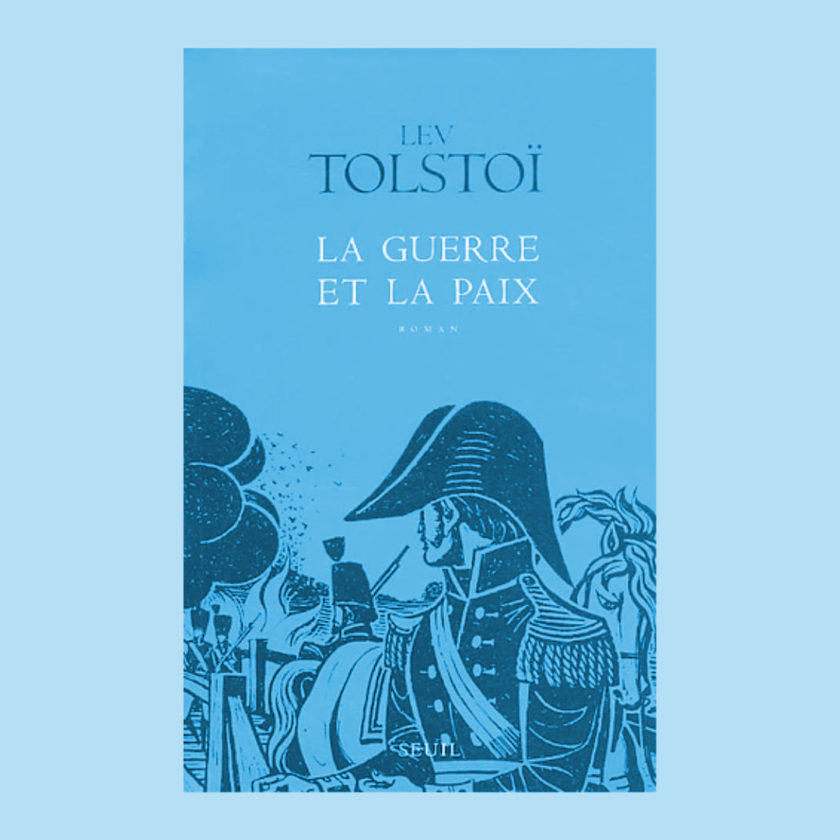The position of men in the 20th century has undergone an unprecedented upheaval. At the beginning of the century, the man was the head of the family. He made most of the decisions in the home. He was the one who went to the factory and shed his blood on the battlefield. The wife’s role was also crucial to the survival of the household. It was she who took on the arduous tasks of the home. At a time when there were no household appliances and contraception was still in its infancy, women carried out a titanic task at home.
Time For Change
With the need to increase wartime productivity, women began to take on roles they would not have taken on before, moving from homes and farms to workshops and factories. This was an important anthropological change: the economic complementarity of men and women began to fade.
The Home, A Place Of Production
What characterizes traditional families to some extent is the complementarity of tasks and a lack of overlap: what women do, men don’t, and vice versa. There’s a division of tasks within a couple that could be seen as the beginnings of Taylorism. What characterizes the twentieth century, one might say, is the slow decline in the economic and social complementarity of men and women. In the past, men were men because they did men’s things, and the same applies to women. So how can we rethink the identity of men and women and their relationship?
The Verb “To Do” Has Less Force
In industrialized countries, what differentiates men and women in their ability to accomplish things comes down more and more to their biological functions. Women are the only ones who procreate, and men are the only ones who can bring Y chromosomes into the reproductive equation. Everything else is now shared, so to speak: there are female truck drivers, male midwives, female soldiers and so on.Modern
Comforts Make The Effectiveness Of Economic Complementarity Between Men And Women Less Obvious
If today there are fewer and fewer differences between what men and women do, it’s above all due to the comforts of modern life. If you still had to hunt for meat, or build your own house, it’s a safe bet that these tasks would still fall to men. Conversely, if there were no childcare facilities, it could also be said that this activity would also fall to women. It’s worth noting that the functions mentioned are still overwhelmingly occupied by men in one case (breeders, hunters and builders) and by women in the other (nursery nurses, school teachers, etc.). So there’s continuity, whatever you say.
Office Jobs Make Us Forget Biological Differences
The anthropological changes brought about by industrialization are unprecedented. A massively white-collar economy no longer differentiates between men and women, and that’s only to be expected. Where industry had taken craftsmanship (a necessarily gendered domain) as its model, the service economy has taken industry as its model, whose paragon is the robot, an asexual, emaciated figure. The service sector uses our brains and neglects our bodies, which is why biological differences become blurred.
If You Can’t Embody Your Gender In Your Work, You Have To Embody It In Your Free Time
Both feminine (yin) and masculine (yang) energies animate every human being, whether male or female. In principle, a man possesses more yang energy by definition, and conversely more yin. The modern working model is that men and women don’t necessarily have the opportunity to express their biological energy to the full. There are deficiencies, which necessarily lead to frustration. That’s why it’s a good idea to become aware of this by practicing activities designed to compensate for these deficiencies.
Here’s a list of examples of activities that can help you replenish each of these energies with their associated values:
Yin :
– yoga –> calm, serenity
– chatting with friends (some would say it’s more yang, but I find the need to communicate and connect with others a more feminine inclination, but I may be wrong) –> making connections with others
– meditation –> clarity, peace
– reading –> cultivating the intellect
– etc.
Yang :
– muay thaï (or other martial arts) –> courage, action
– exploring unknown places –> adventure, enthusiasm
– do-it-yourself –> desire to achieve something
– dance –> stimulate your body and meet new people
– etc.
Note: I’d tend to say that men indulge more in solitary or at least silent activities (DIY, for example), while women have a greater need to bond with others. However, if we read the theory, the need to withdraw is rather yin and the need to connect is rather yang, which would mean that men naturally have a stronger yin pole than women in certain facets of their lives.










